
At least five people were killed Tuesday when an Islamist suicide bomber and gunmen stormed an upmarket hotel complex in Nairobi, in the first such attack in the Kenyan capital in five years.
Gunshots rang out sporadically as night fell in Nairobi, where police combed the hotel and outlying office buildings for survivors while trying to flush out the attackers.
The attack at the DusitD2 compound, which includes a 101-room hotel, restaurant and office buildings housing local and international companies, began at 3 pm (1200 GMT) with a massive explosion heard five kilometres (three miles) away at the AFP bureau.
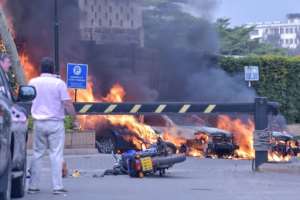 Several cars burned after the blast. The attack has been claimed by Somalia's Al-Shabaab jihadist group. By SIMON MAINA (AFP)
Several cars burned after the blast. The attack has been claimed by Somalia's Al-Shabaab jihadist group. By SIMON MAINA (AFP) The Al-Qaeda linked Somalian group Al-Shabaab, which carried out a notorious assault on a Nairobi shopping mall in 2013, claimed responsibility, according to the SITE Intelligence Group which monitors jihadist activities.
"We can now confirm that this criminal activity commenced at about three o'clock in a coordinated fashion and began at I&M Bank with an explosion that targeted three vehicles in the parking lot, and a suicide explosion in the foyer of Dusit hotel," said Kenyan police chief Joseph Boinnet.
He said "a number of guests suffered serious injuries" but did not give a figure for any fatalities.
An AFP photographer saw the bodies of five dead, slumped over tables on a restaurant terrace in the complex, while a police source who asked not to be named said he had seen as many as 14 dead.
Elite police forces evacuated terrified workers barricaded in offices after an hour of sustained gunfire as they engaged the attackers.
More than six hours after the attack it was unclear how many people were still hiding inside office buildings or the hotel, owned by Thai giant Dusit Thani Group.
Simon Crump, who works in the complex, said terrified workers had barricaded themselves inside their offices after "several" explosions.
"We have no idea what is happening. Gunshots are coming from multiple directions," he told AFP a few hours before he was also evacuated.
"A lot of people ran when the first few explosions happened, there was a mad rush for the exit," he said.
Boinnet said security forces had contained six of the seven floors of the hotel and were also working to secure "remaining outbuildings in the complex".
"There still could be armed criminals holed up at the building and our team of special forces are doing their best to flush them out, and all our critical national infrastructure remain on guard," he said.
'A flash and a bang'
John Maingi said there had been "a flash of lights and a loud bang" at the Secret Garden restaurant where he works.
"When I peeped outside I saw a human leg which has been cut off. We hid in the room and then some police officers rescued us," he said.
Shortly after the attack began flames and plumes of black smoke billowed into the sky from the parking lot where several cars where ablaze.
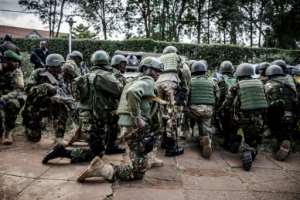 Special forces took up position outside the complex. By Luis TATO (AFP)
Special forces took up position outside the complex. By Luis TATO (AFP) Police sirens echoed through the city and two helicopters buzzed overhead while ambulances with flashing lights lined up outside the hotel.
A private security guard at the scene told AFP he had seen four "gangsters" entering the compound.
 Students fled their campus after the explosion at the nearby hotel and office complex. By - (AFP)
Students fled their campus after the explosion at the nearby hotel and office complex. By - (AFP) An AFP reporter saw a bomb disposal squad blow up a car which they said the attackers had driven to the complex.
Meanwhile, the vast upscale Village Market shopping centre in northern Nairobi said on Twitter that it had closed temporarily as a "security precaution."
Kenyan hospitals put out an urgent call for blood donations for the injured.
Shabaab
The attack at DusitD2 is the first in Nairobi since gunmen stormed the city's Westgate shopping mall in 2013, killing at least 67 people. The attack and ensuing siege lasted around four days.
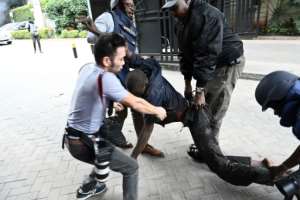 Journalists carry a victim at the scene of the attack. By SIMON MAINA (AFP)
Journalists carry a victim at the scene of the attack. By SIMON MAINA (AFP) That assault was also claimed by Somalia's Shabaab, who have been fighting to overthrow the internationally backed government in Mogadishu since 2007.
The Westgate attack resulted in many upscale establishments and shopping centres in the capital -- including the Dusit -- putting up strict security barriers checking vehicles and pedestrians.
The Shabaab targeted Kenya after it sent its army into Somalia in October 2011 to fight the jihadist group.
On April 2, 2015, another Shabaab attack killed 148 people at the university in Garissa, eastern Kenya.
In its statement, the Shabaab noted the attack came exactly three years after its fighters overran a Kenyan military base in Somalia.
"This attack on Nairobi hotel came as Kenyans and their media are commemorating (the) El Adde attack," it said.
The Shabaab claimed more than 200 soldiers died in that assault, while the government has refused to give its own toll or disclose details of the attack.
Read Full Story

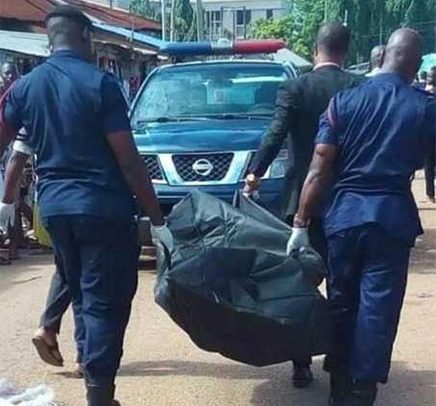
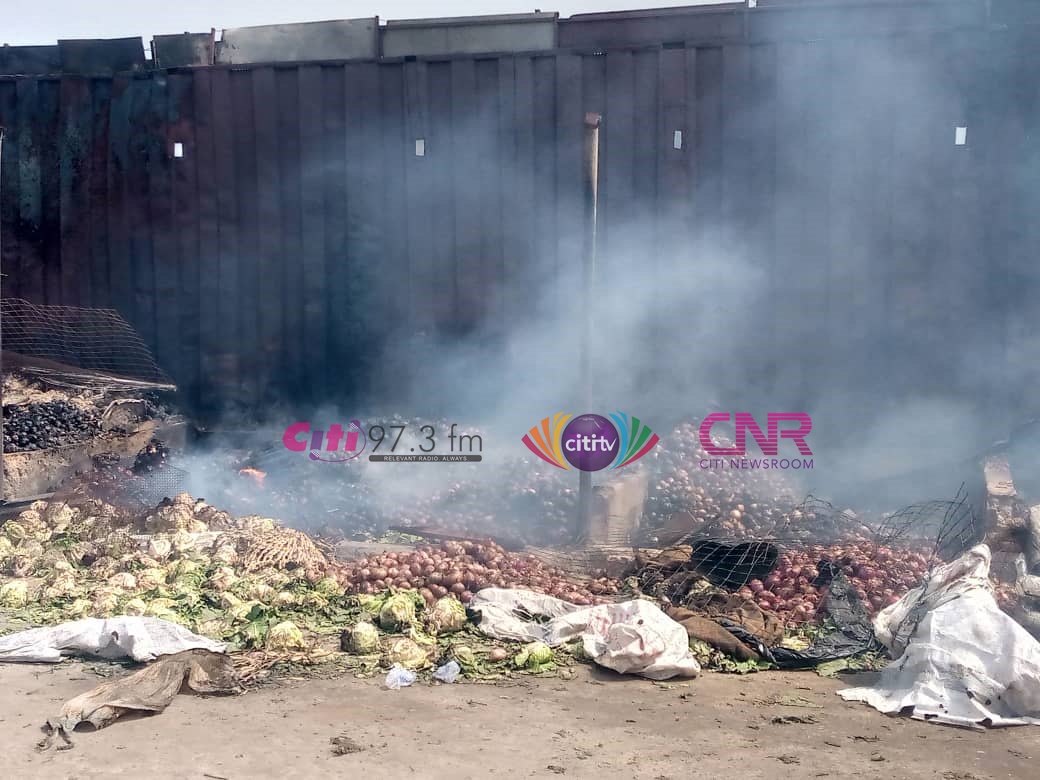


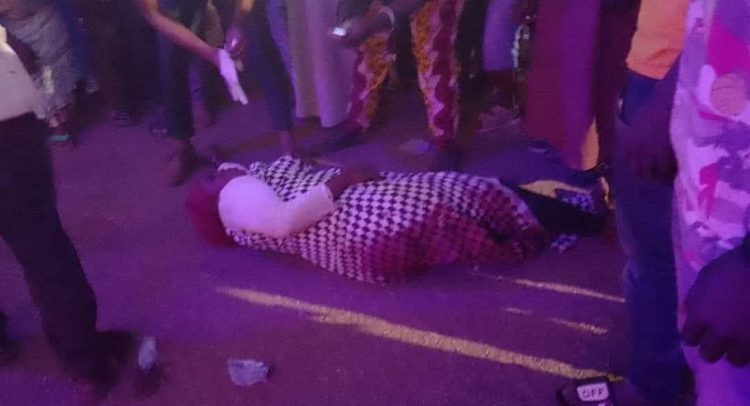
















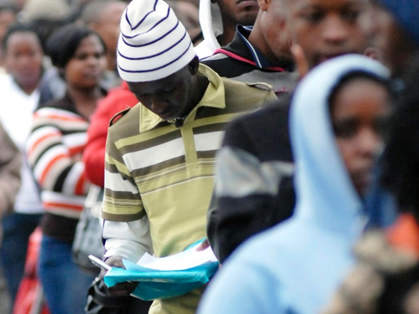


Facebook
Twitter
Pinterest
Instagram
Google+
YouTube
LinkedIn
RSS